Today's Top Picks

Tomorrow’s Emergency Management Capabilities
If someone were to walk into a high school classroom today and ask the students about their future professions, there may be one or possibly two students who wish to pursue emergency management. However, as much as the field has grown since 2001, emergency management is still not the dream career of the average high school student. It is much more likely that these students would consider more traditional fields in the business, health, or finance world.
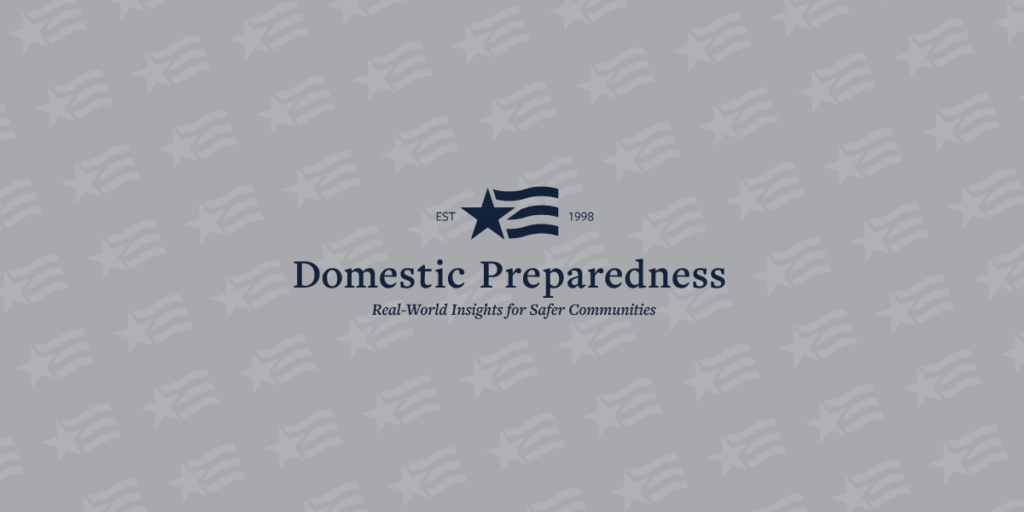
Making the Grid Great Again
As the dust from the recent election settles, one of the first orders of business for the incoming Trump administration is a massive public infrastructure investment plan. Although the economic benefits associated with improved infrastructure are popular with many citizens and both sides of the political aisle, the real-world practicalities of ensuring positive economic return from such investments are nonetheless daunting.

Preparing for a New Pandemic With an Old Plan
The measurable level of national planning and preparedness for a serious pandemic threat or
biological attack continues to be a subject of great discussion, debate, and concern in the United
States and around the world. This level of readiness continues to be a challenge as identified in
regular studies, reports, and articles.

Meta-Leadership 2.0: More Critical Than Ever
Over the past decade, meta-leadership, a methodology developed at the National Preparedness
Leadership Initiative at Harvard, has become a widely adopted framework for leading in emergency
preparedness and response. Over that time, both the model and methods have advanced based on field
experience. This article presents the latest thinking and practice for those charged with public safety,
security, and resilience.

Importance of Presidential Leadership in Emergency Management
With over 30 years working in emergency management – 12 years in a state governor’s office, almost
8 years at the Federal Emergency Management Agency (FEMA) as associate director in charge of national
preparedness, training, and exercises, and 11 years in the private sector at Electronic Data Systems and
Systems Research and Analysis International, it became apparent that presidential leadership has been
quite important at all levels and for all sectors.
Trending
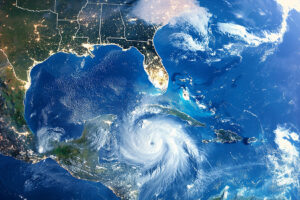 Emergency Management has Evolved: Why the… by Chas Eby While initially useful, the term “all hazards” no longer accurately describes the functions or mission of the emergency management discipline.…
Emergency Management has Evolved: Why the… by Chas Eby While initially useful, the term “all hazards” no longer accurately describes the functions or mission of the emergency management discipline.… Imagining the U.S. Without Power: A Dual-World EMP Exercise by Charles (Chuck) L. Manto, K. Luke Reiner and Dave Hunt A dual-world tabletop exercise simulating an electromagnetic pulse event in Chicopee, Massachusetts, revealed startling discrepancies in outcomes between the city’s…
Imagining the U.S. Without Power: A Dual-World EMP Exercise by Charles (Chuck) L. Manto, K. Luke Reiner and Dave Hunt A dual-world tabletop exercise simulating an electromagnetic pulse event in Chicopee, Massachusetts, revealed startling discrepancies in outcomes between the city’s… Elevating Healthcare Emergency Preparedness… by Kathryn Romanchuk and Ben Kobliner Overlooked until disaster strikes, many emergency management departments struggle with personnel and budgetary constraints, yet the demand placed on these…
Elevating Healthcare Emergency Preparedness… by Kathryn Romanchuk and Ben Kobliner Overlooked until disaster strikes, many emergency management departments struggle with personnel and budgetary constraints, yet the demand placed on these…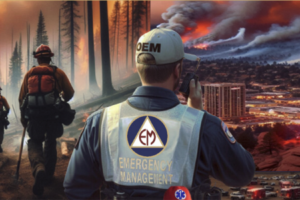 The Forefront of Innovation in Training &… by Arthur J. Simental Disaster wargaming may significantly change the future of tabletop exercises in emergency management and homeland security. Long used effectively to…
The Forefront of Innovation in Training &… by Arthur J. Simental Disaster wargaming may significantly change the future of tabletop exercises in emergency management and homeland security. Long used effectively to…Trending
 Elevating Healthcare Emergency Preparedness… by Kathryn Romanchuk and Ben Kobliner Overlooked until disaster strikes, many emergency management departments struggle with personnel and budgetary constraints, yet the demand placed on these…
Elevating Healthcare Emergency Preparedness… by Kathryn Romanchuk and Ben Kobliner Overlooked until disaster strikes, many emergency management departments struggle with personnel and budgetary constraints, yet the demand placed on these… The Forefront of Innovation in Training &… by Arthur J. Simental Disaster wargaming may significantly change the future of tabletop exercises in emergency management and homeland security. Long used effectively to…
The Forefront of Innovation in Training &… by Arthur J. Simental Disaster wargaming may significantly change the future of tabletop exercises in emergency management and homeland security. Long used effectively to… Emergency Management has Evolved: Why the… by Chas Eby While initially useful, the term “all hazards” no longer accurately describes the functions or mission of the emergency management discipline.…
Emergency Management has Evolved: Why the… by Chas Eby While initially useful, the term “all hazards” no longer accurately describes the functions or mission of the emergency management discipline.… Imagining the U.S. Without Power: A Dual-World EMP Exercise by Charles (Chuck) L. Manto, K. Luke Reiner and Dave Hunt A dual-world tabletop exercise simulating an electromagnetic pulse event in Chicopee, Massachusetts, revealed startling discrepancies in outcomes between the city’s…
Imagining the U.S. Without Power: A Dual-World EMP Exercise by Charles (Chuck) L. Manto, K. Luke Reiner and Dave Hunt A dual-world tabletop exercise simulating an electromagnetic pulse event in Chicopee, Massachusetts, revealed startling discrepancies in outcomes between the city’s…Trending
Emergency Management has Evolved: Why the… by Chas Eby While initially useful, the term “all hazards” no longer accurately describes the functions or mission of the emergency management discipline.…
Imagining the U.S. Without Power: A Dual-World EMP Exercise by Charles (Chuck) L. Manto, K. Luke Reiner and Dave Hunt A dual-world tabletop exercise simulating an electromagnetic pulse event in Chicopee, Massachusetts, revealed startling discrepancies in outcomes between the city’s…
Elevating Healthcare Emergency Preparedness… by Kathryn Romanchuk and Ben Kobliner Overlooked until disaster strikes, many emergency management departments struggle with personnel and budgetary constraints, yet the demand placed on these…
The Forefront of Innovation in Training &… by Arthur J. Simental Disaster wargaming may significantly change the future of tabletop exercises in emergency management and homeland security. Long used effectively to…
Domestic Preparedness Journal
Featured in this issue: Editor’s Note: Emergency Communications—Tough Lessons From the Maui Wildfires, by Catherine L. Feinman; Emergency Alerts: The Missing Link, by Rodrigo (Roddy) Moscoso; Hidden Barriers to Public Safety Interoperability, by Gabe Elias; AI Software in 911 Dispatch Centers: An Innovative Solution, by Tanya M. Scherr; A Systems Thinking Approach to Improving Emergency Communications, by William Chapman; Connectivity: The Foundation of Disaster Response and Preparedness, by Cory Davis; Know the Audience: Five Keys to Effective Communication, by Marc Hill; Bridging Communication Gaps: Lessons From Hurricane Helene, by Greg Hauser; A Regional Approach to Public Safety Communications Planning, by Charles (Charley) Bryson
Articles Out Loud

Article Out Loud – Disaster Stress Management in an Emergency Operations Center
May 7, 2025
Disasters affect responders and community members, but they also bring trauma to those working inside emergency operations centers. Distance from

Article Out Loud – A Holistic Strategy for Responders’ Well-Being
May 7, 2025
This is an article by Camilo Olivieri, an Article Out Loud from Domestic Preparedness, May 7, 2025. First responders and



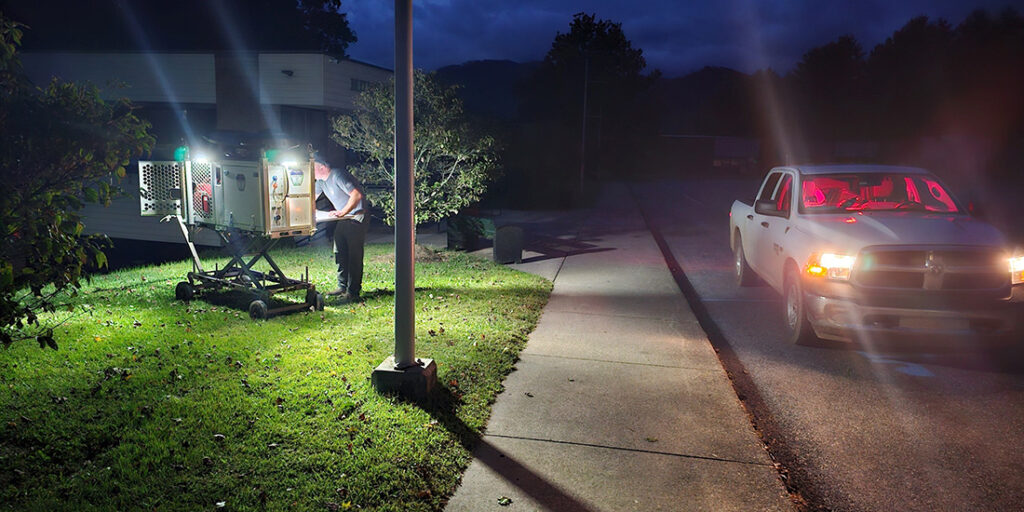
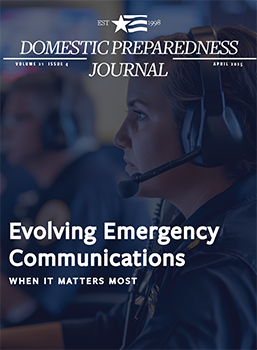

Noncriminal Alien Self-Identification Program